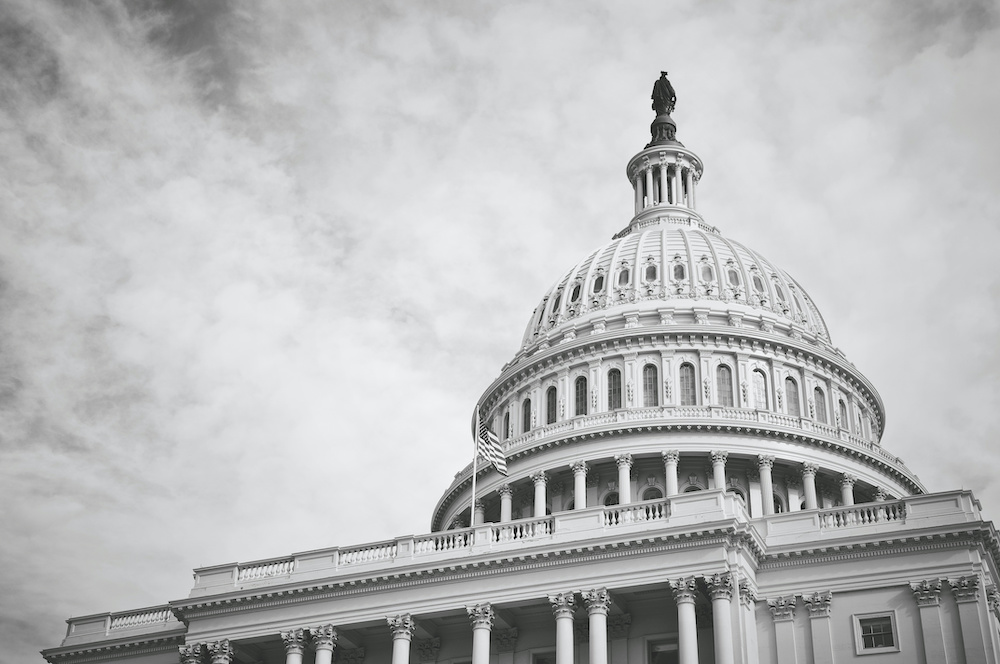
- Details
- By Native News Online Staff
WASHINGTON – A trio of U.S. Senators introduced legislation yesterday to support economic development in tribal communities by removing “fundamentally unfair aspects of the tax code” and putting Tribes on par with state and local governments, according to one of the bill’s sponsors.
Sens. Catherine Cortez Masto (D-Nev.), Ron Wyden (D-Ore.) and Brian Schatz (D-Hawaii) introduced the Native American Tax Parity and Relief Act of 2022 to remove tax burdens and ensure that Tribal governments are treated similarly to state and local governments in the federal tax code. The bill also calls for Tribal leaders to be consulted when federal tax legislation is being drafted.
“Tribal governments share many of the same responsibilities and functions as state and local governments, but they don’t have access to the same tax incentives and economic development tools,” Cortez Masto said in a statement. “My legislation will fix these fundamentally unfair aspects of the tax code, allowing Tribal governments to better use their tax authority as a tool to strengthen their economies and keep more money in Tribal communities.”
“Tribes should have access to the same tools as state and local governments to strengthen their economies and support education, health, housing, and other services for families," Wyden, chairman of the Senate Finance Committee, said in a statement. “An update to the tax code is desperately needed to guarantee equity and fairness for Tribes in Oregon and across the country and allow them to continue to deliver essential services to members of their communities.”
“For too long, Tribal governments have been left behind when it comes to federal tax benefits, incentives, and protections,” Schatz, chairman of the Senate Committee on Indian Affairs, said in a statement. “Our bill respects Tribal sovereignty, responds to recommendations from Indian Country, and makes sure Tribal governments have equitable access to federal resources to advance the health, safety, and economic wellbeing of their communities.”
The Native American Tax Parity and Relief Act of 2022 aims to create parity between Tribal and state and local governments in the federal tax code. Specifically, this legislation does the following:
- Updates rules for issuing tax-exempt debt to ensure Tribal governments are treated the same as state and local governments;
- Strengthens Tribal governments’ ability to enforce child support by aligning the treatment of Tribal governments with that of states;
- Extends and updates the Indian Employment Tax Credit to better serve Tribal families;
- Increases the effectiveness of Tribal Low-Income Housing Tax Credits in Indian Country;
- Expands the special-needs adoption tax credit so that it applies to adoptions ratified by a Tribal court;
- Ensures that contributions to 501(c)(3) charities created by a Tribal government are taxed the same as contributions to charities created by state and local governments;
- Creates an annual $175 million New Markets Tax Credit for low-income Tribal communities and for projects that serve or employ Tribe members;
- Clarifies that Tribal General Welfare Benefits are not unfairly categorized as income related to Supplemental Social Income eligibility or benefit amounts.
The bill text is available here.
More Stories Like This
NCAI Passes Two Emergency Resolutions on Immigration Enforcement ActivitiesChickasaw Lighthorse Police Officer named Indian Country Law Enforcement Officer of the Year
Indian Gaming Association Rallies Broad Coalition Against Sports Event Contracts It Calls Illegal Threat to Tribal Sovereignty
Navajo Resources and Development Committee Issues Notice on Livestock Inspection Requirements
American Prairie, Tribal Coalition Files Protest Over Rescinded Grazing Rights
Help us defend tribal sovereignty.
At Native News Online, our mission is rooted in telling the stories that strengthen sovereignty and uplift Indigenous voices — not just at year’s end, but every single day.
Because of your generosity last year, we were able to keep our reporters on the ground in tribal communities, at national gatherings and in the halls of Congress — covering the issues that matter most to Indian Country: sovereignty, culture, education, health and economic opportunity.
That support sustained us through a tough year in 2025. Now, as we look to the year ahead, we need your help right now to ensure warrior journalism remains strong — reporting that defends tribal sovereignty, amplifies Native truth, and holds power accountable.
 The stakes couldn't be higher. Your support keeps Native voices heard, Native stories told and Native sovereignty defended.
The stakes couldn't be higher. Your support keeps Native voices heard, Native stories told and Native sovereignty defended.
Stand with Warrior Journalism today.
Levi Rickert (Potawatomi), Editor & Publisher

